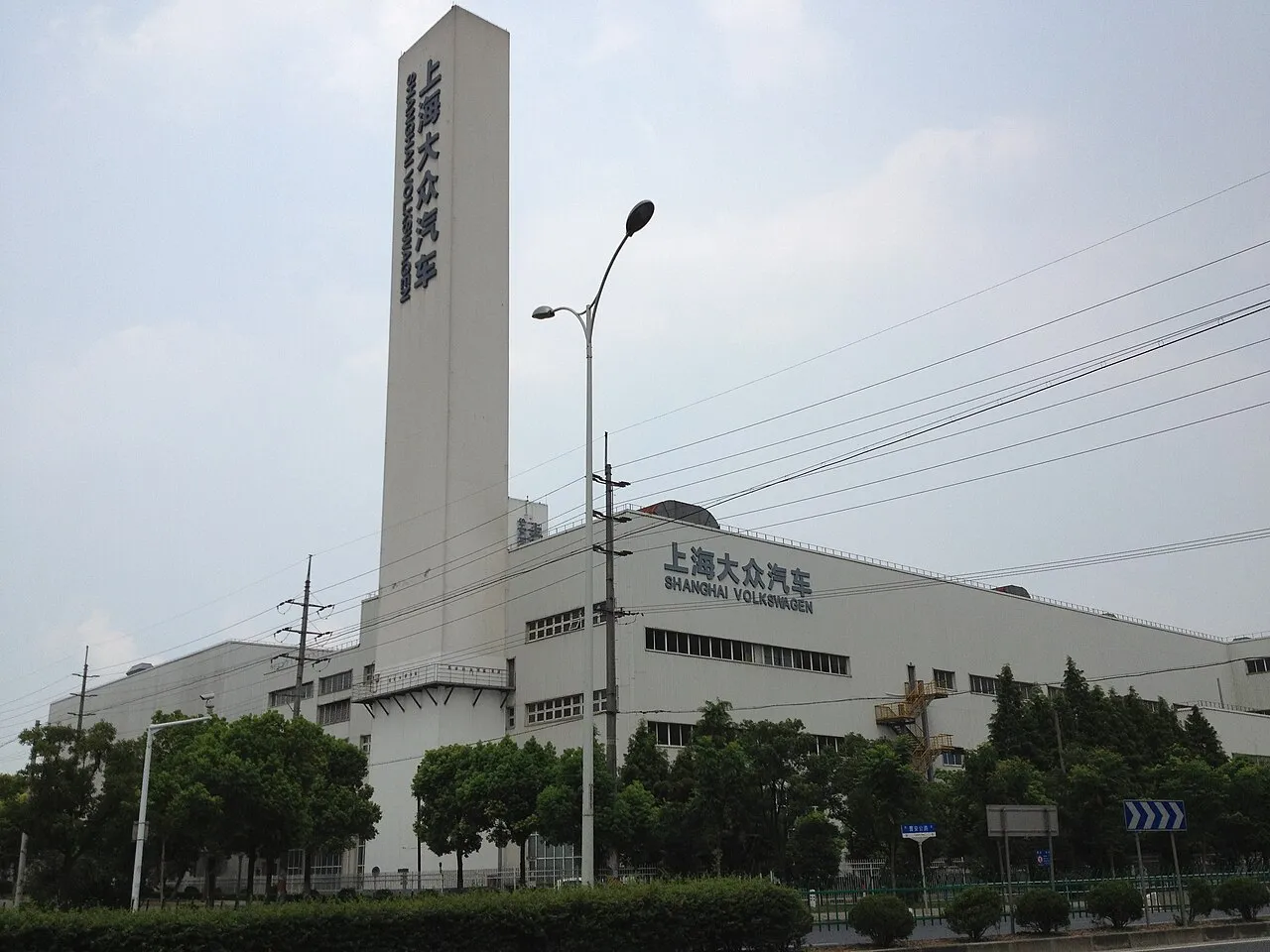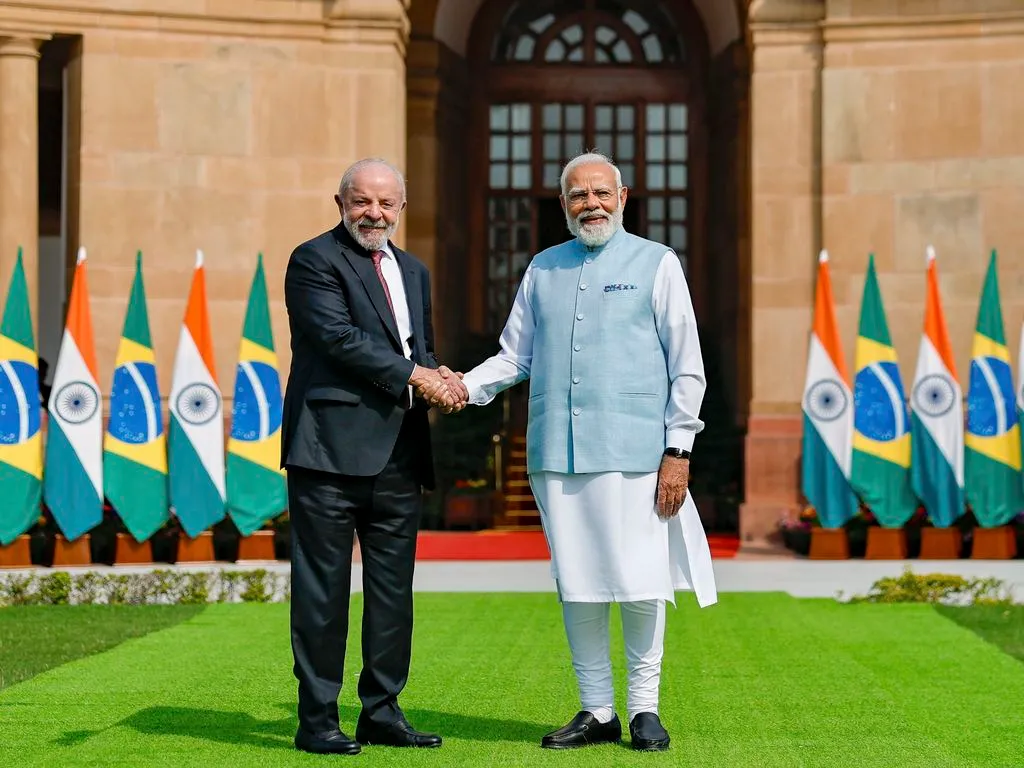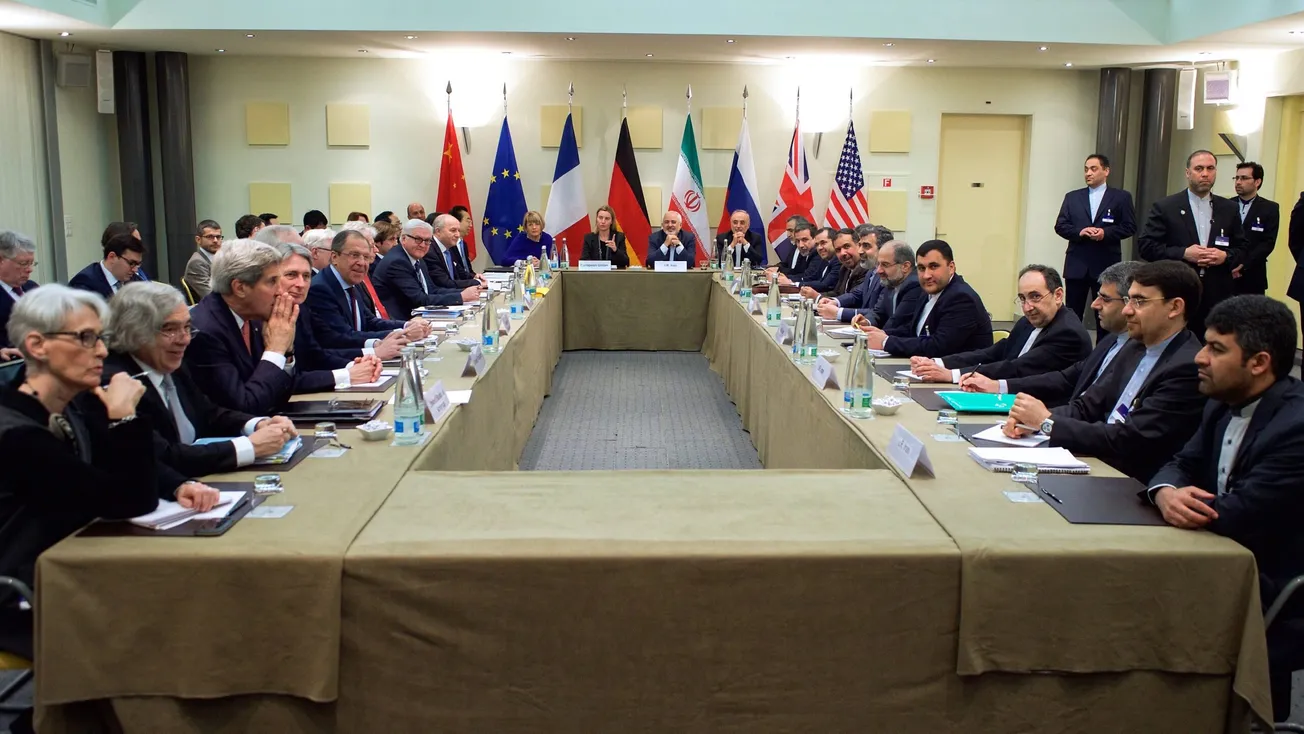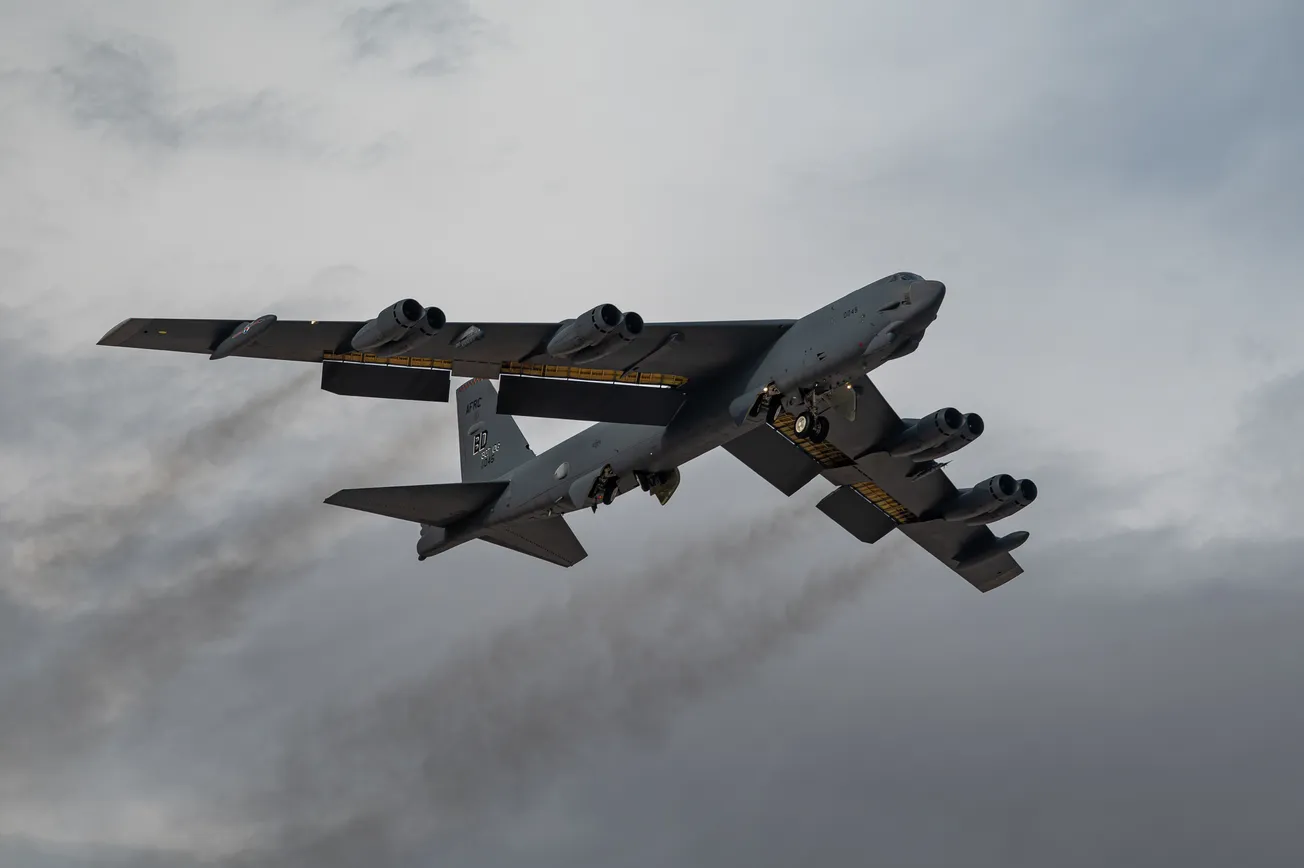The meeting was held to discuss progress over the last year, and plans for the upcoming one. In his opening, Putin reported a 200-billion-ruble additional revenue: “This gives us the opportunity to meet every development objective we have and solve current tasks that are serious and important.”
He laid out the priorities for 2023: The expansion of Russia’s foreign economic relations and the development of new logistics corridors; improving roads, other infrastructure, housing, and utilities; enhancing the technological capabilities of the Russian economy; improving Russia’s “financial sovereignty” and high-tech industries; and real growth in wages and incomes.
What ensued was an intense series of reports from all relevant ministers, on the state of what is clearly a massive transformation of Russia’s economy. In the face of Western sanctions, where many previous trading partners and supply chains have been blocked, Russia has determined not to stay stagnant, but to change. New trading partners are being developed (as the Minister for Transport said, “all logistics have been reoriented to the east"), and efforts are being made to develop Russia’s domestic supply chains and industries—import substitution. And all this in addition to a massive war mobilization, where Russia is competing with the collective West.
To illustrate the tenor of the meeting, take this exchange between the Minister of Trade and Industry, Denis Manturov. After the Minister went through the extraordinary growth in his field, and projected production in the coming period, Putin insisted that it is still too slow and that the synchronization with the private sector is inadequate.
Putin: It is taking too long! Much too long… I want all of this to be done within a month. What quarter are you talking about? Do we not understand the circumstances we are in? Please complete this work within a month. Okay?
Manturov: We will try to do our best with our colleagues from the economic bloc. Thank you.
Putin: No, do not try to do your best; please get it done in a month. It must be done in a month, no later. Agreed?
Manturov: Yes.
Before beginning the reports, however, Putin made the point that all work must be done in view of the new Russian territories in Donbass. “I would like to emphasize that the work in this area must embrace all regions of the country, including Russia’s new regions,” he said. “By 2030, they should reach the national average in terms of infrastructure, social services and many other parameters of living standards.” This includes health checkups for every child in the new territories.
Huge increases have been made in air and sea vessel production, military and civilian—700 aircraft, including helicopters, and 260 civilian water vessels will be completed by 2030. Rail infrastructure also has been transformed, such that Russia has increased the number of cargo containers it can process by an astonishing 60% since last year. Rail transport overall has increased substantially, including passenger and domestic cargo, with efforts made to circumvent all sanctions and insurance problems.
It was reported that the construction sector has built more housing in the recent period than at any time in Russian history, including during the Soviet period. Overall the construction industry grew by 6% last year. Combined with the successful harvest in 2022, intensive efforts were made to improve the delivery and logistics in order for the goods to reach store shelves. Because of this and other efforts to maintain stable demand and supply, inflation dropped to 11.9% for the year, and is on target to drop to 4% by the second quarter. (Compare this to Western economies which are straining under inflation, deficits and lack of internal investments.)





